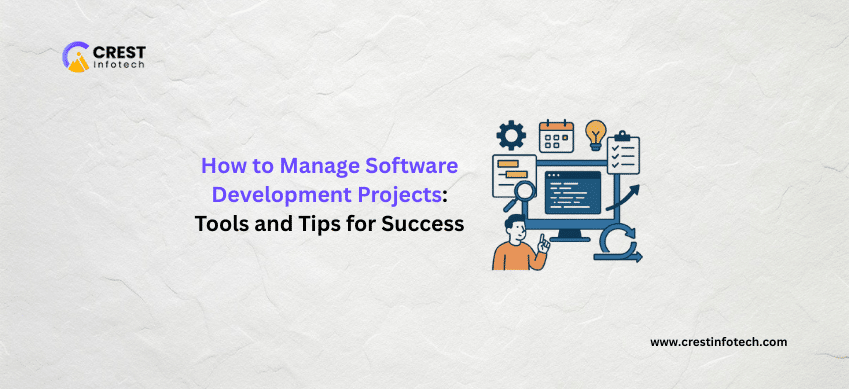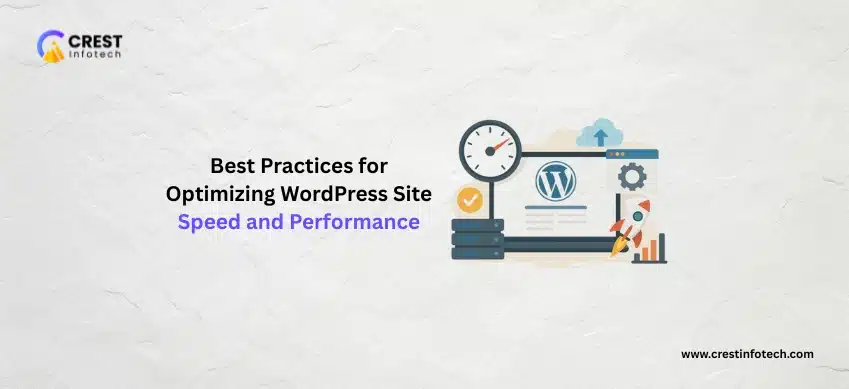Pros of Cross-Platform Development
1. Code Reusability
Pro: One of the most significant advantages of cross-platform development is the ability to write code once and deploy it across multiple platforms, such as iOS, Android, and web. This significantly reduces development time and costs.
2. Faster Time to Market
Pro: Cross-platform frameworks like React Native, Flutter, and Xamarin enable rapid development cycles by allowing developers to build and test features simultaneously across platforms. This results in faster time to market for your app.
3. Consistent User Experience
Pro: Cross-platform development ensures a consistent user experience across different devices and platforms. Design elements, features, and interactions remain consistent, leading to better user engagement and satisfaction.
4. Access to Native Features
Pro: Modern cross-platform frameworks provide access to native device features and APIs, allowing developers to build rich and feature-packed applications without sacrificing performance or user experience.
5. Single Codebase Maintenance
Pro: With cross-platform development, you only need to maintain a single codebase, making updates, bug fixes, and feature enhancements more manageable and efficient.
6. Larger Audience Reach
Pro: By targeting multiple platforms with a single codebase, you can reach a broader audience of users across various devices, operating systems, and screen sizes.
Cons of Cross-Platform Development
1. Performance Limitations
Con: Cross-platform apps may suffer from performance issues compared to native apps, especially when dealing with complex animations, graphics, or high-performance computing tasks.
2. Limited Access to Native APIs
Con: While cross-platform frameworks provide access to many native features, there may be limitations or delays in accessing newer or platform-specific APIs, leading to compromises in functionality.
3. Platform-Specific UI/UX Challenges
Con: Achieving platform-specific UI/UX design and interactions can be challenging with cross-platform development. Some design elements may not translate well across all platforms, resulting in inconsistencies.
4. Dependency on Third-Party Frameworks
Con: Cross-platform development often relies on third-party frameworks and tools, which may introduce dependencies and limitations. Compatibility issues or lack of support for specific features may arise.
5. Debugging and Testing Complexity
Con: Testing cross-platform apps across multiple devices, platforms, and screen sizes can be complex and time-consuming. Debugging issues that arise on specific platforms may also be challenging.
6. Performance Optimization Overhead
Con: Achieving optimal performance on each platform may require additional effort and optimization techniques, as cross-platform apps may not fully leverage platform-specific optimizations.
Conclusion
Cross-platform development offers a compelling solution for businesses seeking to reach a wide audience across different devices and platforms while minimizing development costs and time to market. However, it’s essential to weigh the pros and cons carefully before deciding on a cross-platform approach for your project.
While cross-platform development can deliver significant benefits in terms of code reusability, faster development cycles, and broader audience reach, it may also come with performance limitations, platform-specific challenges, and dependency on third-party frameworks.
Ultimately, the choice between cross-platform and native development depends on factors such as project requirements, target audience, performance expectations, and development resources. By understanding the pros and cons of cross-platform development, you can make an informed decision that aligns with your project goals and constraints.



